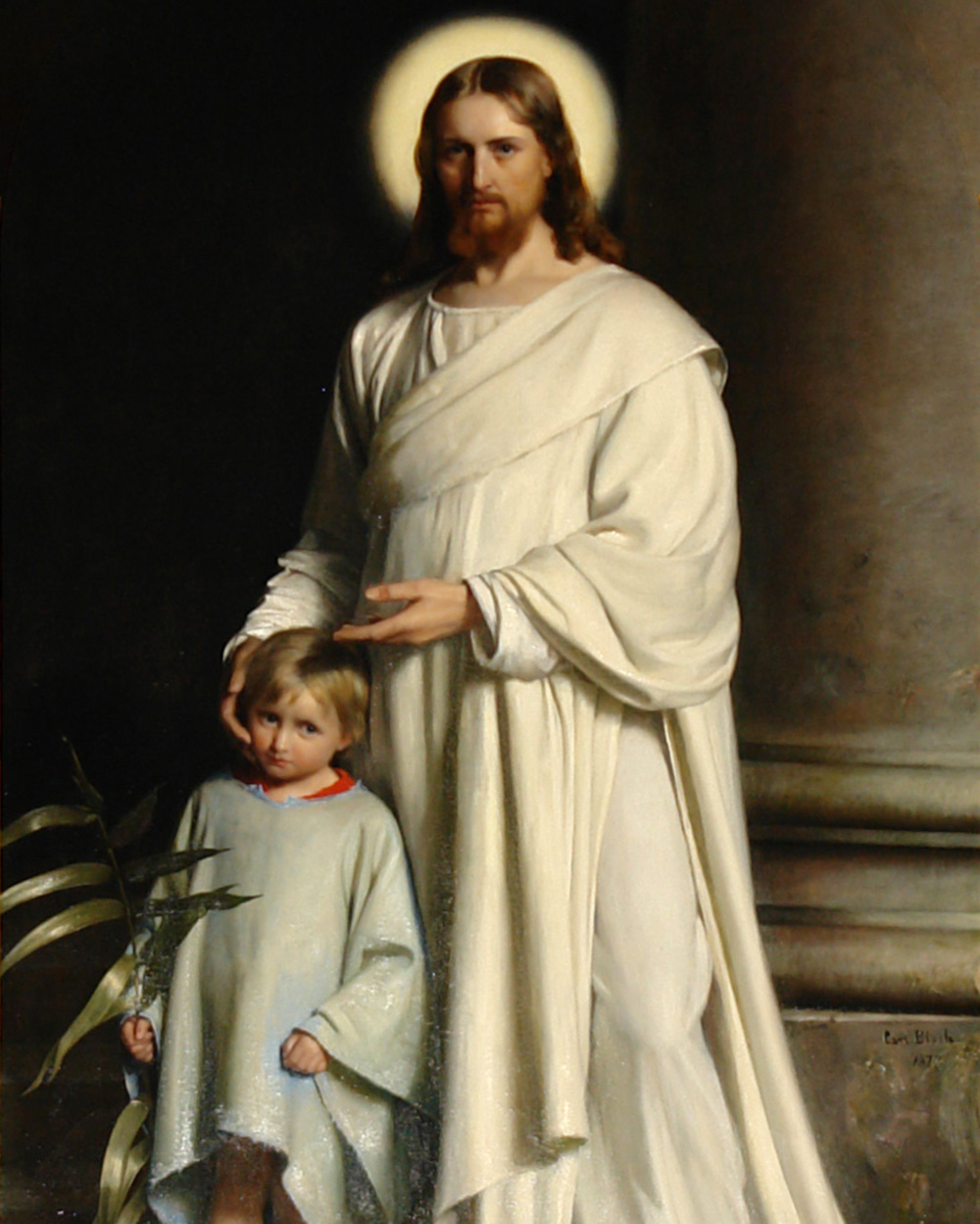He and he alone, whose will is perfectly united to God’s possesses “the peace of God which surpasses all understanding” (Phil. 4:7).
Happiness and conformity to the will of God work in tandem and have always been a common theme for Catholic theologians and spiritual writers on the subject of joy. Saint Thomas Aquinas, following Saint Augustine, teaches that the will of God is the cause of all that exists and that God has created man for bliss.
There are great advantages to be gained from conformity to the divine will. This includes happiness here on earth and in heaven. Human sanctification is God’s aim in all His dealings with humans. No other greater perfection can be thought of than loving God with all one’s heart, the source and font of all happiness.
To find the secret of happiness and content there is a simple formula. God’s will must be perfectly accomplished in ourselves and in all creatures. This is a daily process in the spiritual life, a lifelong journey.
Uniformity with God’s Will is a classic little booklet published by TAN Books. The author is Saint Alphonsus Liguori (1696–1787), a famed spiritual writer and Doctor of the Church who is one of the most widely read spiritual authors.
Saint Alphonsus was a prolific writer who was very popular even in his own day. He wrote on any number of subjects in relation to the divine teachings of the Catholic Church. His subjects included moral rigorism and dogmatic truths.
One of his most celebrated and easy to read works is this short booklet on happiness following the divine will, the very core of our relationship with God. It is said that Saint Alphonsus read this tract frequently and in old age asked for it to be read to him on occasion after he went blind.
This short book teaches what the Catholic Church has taught from time immemorial: that in doing God’s will consists the entire perfection of the soul. Even Christ spent his time on earth following the will of His heavenly Father.
By doing the same, we are brought far along the way of perfection by the cultivation of uniformity with God’s will, as the saints have shown us by their generous and happy lives.
Thus, this little booklet points to the path to follow Christ to attain heaven. For Saint Alphonsus, the theme was a theme of predilection, a theme dearest to his heart. Saint Alphonsus warns us there is no alternative, that “the man who follows his own will independently of God’s, is guilty of a kind of idolatry.”
Following is an excerpt from the little work on the subject, a taste of the saint’s writings for the edification of readers, many who may be reading Saint Alphonsus for the first time.
“Alphonsus the Great, King of Aragon, being asked one day whom he considered the happiest person in the world, answered: ‘He who abandons himself to the will of God and accepts all things, prosperous and adverse, as coming from his hands.’ ‘To those that love God, all things work together unto good’ (Rom. 8:28). Those who love God are always happy, because their whole happiness is to fulfill, even in adversity, the will of God.
Afflictions do not mar their serenity, because by accepting misfortune, they know they give pleasure to their beloved Lord: ‘Whatever shall befall the just man, it shall not make him sad’ (Prov. 12:21). Indeed, what can be more satisfactory to a person than to experience the fulfillment of all his desires? This is the happy lot of the man who wills only what God wills, because everything that happens, save sin, happens through the will of God.
There is a story to this effect in the ‘Lives of the Fathers’ about a farmer whose crops were more plentiful than those of his neighbors. On being asked how this happened with such unvarying regularity, he said he was not surprised because he always had the kind of weather he wanted. He was asked to explain. He said: ‘It is so because I want whatever kind of weather God wants, and because I do, he gives me the harvests I want.’
If souls resigned to God’s will are humiliated, says Salvian, they want to be humiliated; if they are poor, they want to be poor; in short, whatever happens is acceptable to them, hence they are truly at peace in this life. In cold and heat, in rain and wind, the soul united to God says: ‘I want it to be warm, to be cold, windy, to rain, because God wills it.’ This is the beautiful freedom of the sons of God, and it is worth vastly more than all the rank and distinction of blood and birth, more than all the kingdoms in the world. This is the abiding peace which, in the experience of the saints, ‘surpasseth all understanding’ (Phil. 4:7). It surpasses all pleasures rising from gratification of the senses, from social gatherings, banquets and other worldly amusements; vain and deceiving as they are, they captivate the senses for the time being, but bring no lasting contentment; rather they afflict man in the depth of his soul where alone true peace can reside.
Solomon, who tasted to satiety all the pleasures of the world and found them bitter, voiced his disillusionment thus: ‘But this also is vanity and vexation of spirit’ (Eccles 4:16). ‘A fool,’ says the Holy Spirit, ‘is changed as the moon; but a holy man continueth in wisdom as the sun’ (Eccus. 27:12). The fool, that is, the sinner, is as changeable as the moon, which today waxes and tomorrow wants; today he laughs, tomorrow he cries; today he is meek as a lamb, tomorrow cross as a bear. Why? Because his peace of mind depends on the prosperity or the adversity he meets; he changes with the changes in the things that happen to him.
The just man is like the sun, constant in his serenity, no matter what betides him. His calmness of soul is founded on his union with the will of God; hence he enjoys unruffled peace. This is the peace promised by the angel of the Nativity: ‘And on earth, peace to men of good will’ (Luke 2:14). Who are these ‘men of good will’ if not those whose wills are united to the infinitely good and perfect will of God? ‘The good, and the acceptable, and the perfect will of God’ (Rom. 12:2).
By uniting themselves to the divine will, the saints have enjoyed paradise by anticipation in this life. Accustoming themselves to receive all things from the hands of God, says Saint Dorotheus, the men of old maintained continual serenity of soul. Saint Mary Magdalene of Pazzi derived such consolation at hearing the words ‘will of God,’ that she usually fell into an ecstasy of love. The instances of jangling irritation that are bound to arise” (Uniformity with God’s Will, pp. 10–13).
In conclusion, those who are in harmony with the supreme will of God are some of the happiest people on earth. Conforming our will to God’s is not limited to the attainment of eternal salvation but has the effect of making people happy in this life on earth. It grants the most perfect peace possible in this world and, in some ways, by this experience grants a foretaste of heaven. Seek first the will of God.






